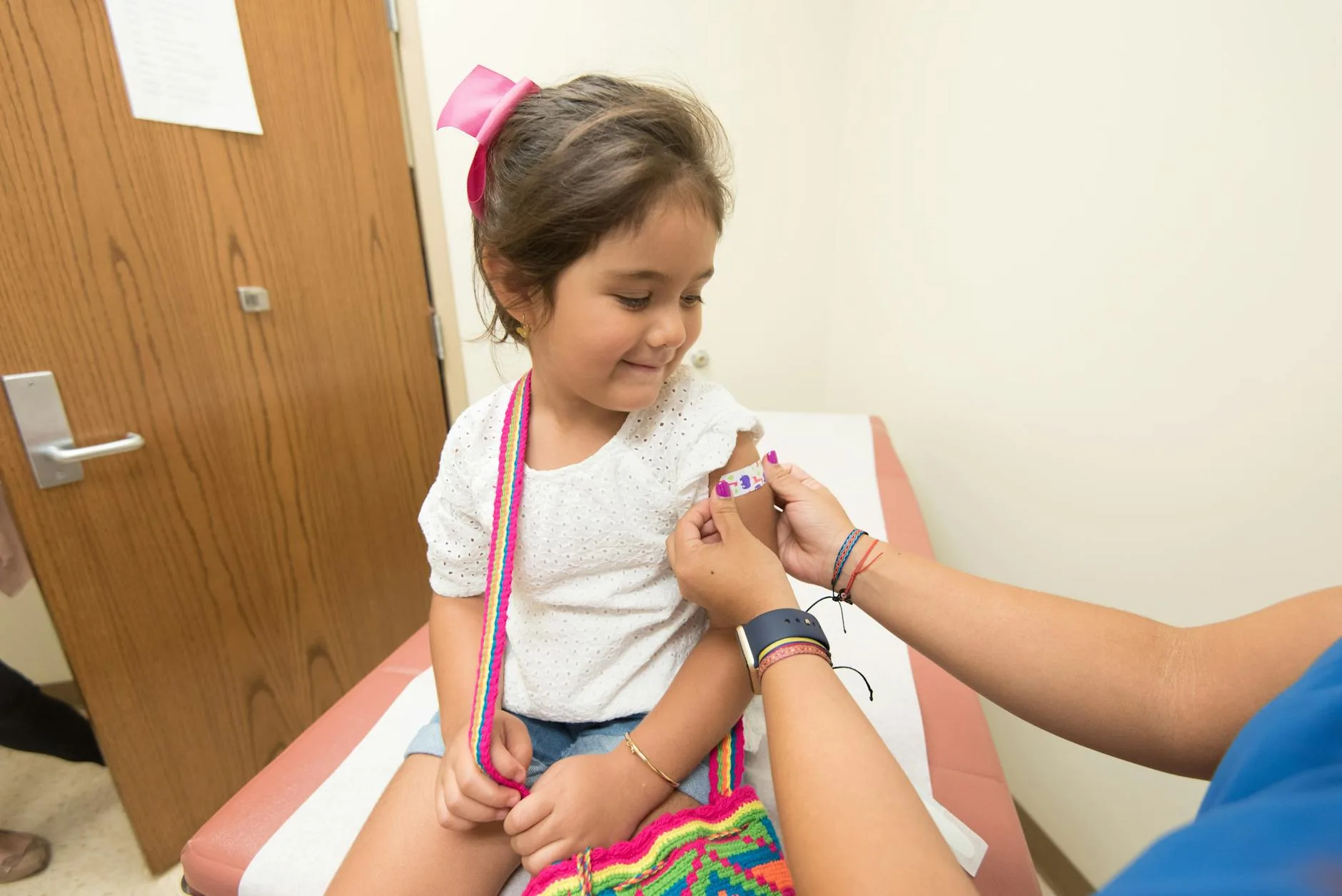Regulator Scrutinizes Major Tech Firms’ Handling of Minors’ Data and Interactions
The Federal Trade Commission (FTC) has initiated a significant inquiry into the safety practices of major technology companies concerning artificial intelligence (AI) chatbots, with a particular focus on safeguarding minors. This move by the U.S. consumer protection agency signals a growing governmental concern about the potential risks AI technologies pose to vulnerable populations, especially children who increasingly interact with these sophisticated conversational agents. The investigation aims to understand how these companies monitor and manage user data, content, and interactions that could put young people at risk.
Deep Dive into AI Chatbot Risks for Children
The FTC’s inquiry, as announced on its official website, will examine how six prominent tech companies are addressing issues such as data collection, algorithmic bias, and the potential for exposure to harmful content when children use AI-powered chatbots. These platforms, ranging from large language models to integrated virtual assistants, are becoming ubiquitous, offering everything from homework help to companionship. However, the very nature of their personalized and often unmonitored interactions raises red flags for privacy advocates and child safety experts. Concerns include the potential for chatbots to collect sensitive personal information from minors, inadvertently facilitate grooming or exploitation, or expose them to age-inappropriate material.
Understanding the FTC’s Mandate and Scope
The FTC has a statutory mandate to protect consumers from unfair or deceptive practices. In the context of AI, this translates to ensuring that companies developing and deploying these technologies are doing so responsibly, especially when it involves children. The inquiry is expected to gather information on the companies’ internal policies, data security measures, and risk assessment processes related to child safety. It is not a formal enforcement action at this stage but rather an information-gathering exercise to inform potential future regulatory actions. The agency’s announcement stated its intent to understand “how companies are monitoring activity that could harm minors.”
Perspectives from Industry, Advocacy, and Academia
Tech companies involved in the development of AI chatbots have generally stated their commitment to user safety. Many have implemented age-gating mechanisms and content filters. However, critics argue that these measures are often insufficient. Privacy advocates point to the vast amounts of data these systems can collect and the potential for that data to be misused. Child safety organizations have long sounded alarms about the online environment and see AI chatbots as a new frontier of potential harm. Academics studying AI ethics and child development are also contributing to the discourse, highlighting the need for robust ethical frameworks and transparent development practices.
This FTC inquiry acknowledges the complexity of balancing technological innovation with the imperative of protecting children. It recognizes that AI chatbots, while offering potential benefits like educational support and creative tools, also present novel challenges in ensuring a safe digital space for young users. The agency’s approach is likely to involve understanding the technical capabilities of these systems, their deployment strategies, and their impact on user behavior, particularly that of minors.
Navigating the Tradeoffs: Innovation vs. Protection
A central tension in this evolving landscape is the tradeoff between fostering rapid AI innovation and implementing stringent safety regulations. Overly restrictive measures could stifle development and limit the beneficial applications of AI. Conversely, a lack of adequate oversight could leave children exposed to significant risks. The FTC’s challenge will be to identify regulatory approaches that strike an appropriate balance, encouraging responsible innovation while prioritizing the well-being of young consumers. This might involve setting clear guidelines for data privacy, algorithmic transparency, and content moderation specific to AI-driven interactions.
Looking Ahead: What the FTC’s Review Could Mean
The outcome of this FTC inquiry could have far-reaching implications. The agency might issue guidance for companies, recommend best practices, or, if substantial violations of consumer protection laws are uncovered, initiate enforcement actions. This review could set precedents for how AI technologies are regulated in the future, particularly concerning their impact on children. It also puts a spotlight on the need for ongoing public discussion and collaboration between regulators, industry leaders, researchers, and parents to navigate the complex ethical terrain of AI.
Practical Considerations for Parents and Guardians
While regulatory bodies work to establish frameworks, parents and guardians play a crucial role in guiding children’s interactions with AI chatbots. It is advisable to:
* **Understand the tools:** Familiarize yourself with the AI chatbots your children are using.
* **Discuss online safety:** Have open conversations about sharing personal information online and the importance of privacy.
* **Supervise usage:** Monitor younger children’s interactions and set clear boundaries for AI usage.
* **Educate about AI limitations:** Explain that AI is a tool and can sometimes provide incorrect or inappropriate information.
* **Report concerns:** If you encounter any concerning content or behavior, report it to the platform and consider informing relevant authorities.
Key Takeaways from the FTC’s AI Chatbot Review
* The FTC is actively investigating how tech companies’ AI chatbots handle child safety.
* Concerns include data privacy, exposure to harmful content, and potential exploitation of minors.
* The inquiry aims to gather information and inform potential future regulatory actions.
* Balancing AI innovation with child protection remains a critical challenge.
* Parental guidance and education are essential for safe AI usage by children.
Engage in the Conversation About AI and Child Safety
The development and deployment of AI technologies are moving at an unprecedented pace. It is vital for all stakeholders – from policymakers and tech developers to parents and educators – to engage in thoughtful discussions about the ethical implications and safety measures needed to protect children in this rapidly evolving digital landscape. Share your concerns and insights with consumer protection agencies and support initiatives aimed at fostering responsible AI development.
Official Resources
* [Federal Trade Commission (FTC) Announcement on AI Chatbot Inquiry](https://www.ftc.gov/)


